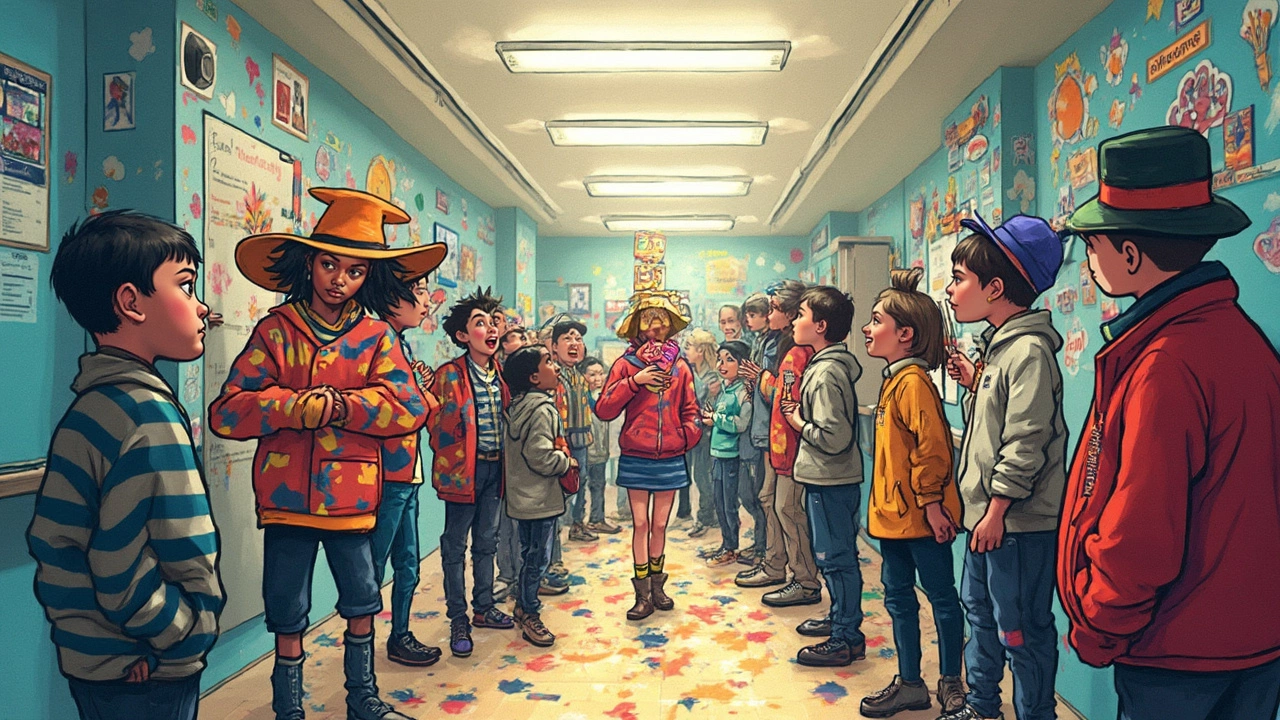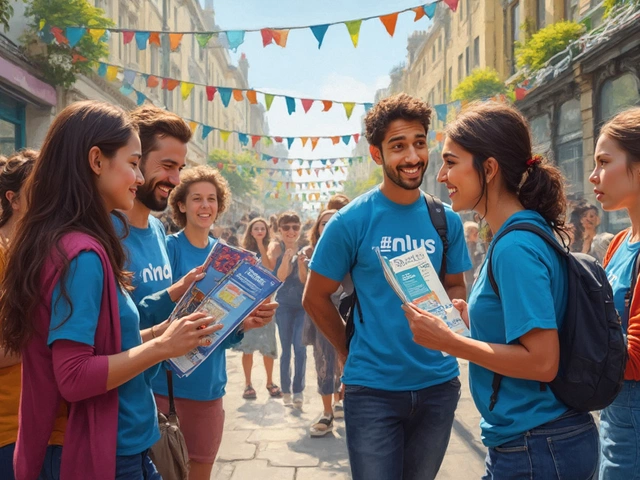Fun Learning: Engaging Ideas for Kids, Youth, and Community
Ever wonder why the best lessons feel like play? When learning is fun, people stay curious, try new things, and remember what they’ve done. That’s why schools, churches, and local groups keep adding games, projects, and clubs to their calendars. Below you’ll get simple ways to turn everyday moments into learning adventures, whether you’re a parent, a youth leader, or just someone who wants to give back.
Start a Club That Actually Keeps Going
Most school clubs fizzle out after a few months because they lack clear goals or a steady leader. Start by picking a real need – maybe a robotics group, a gardening crew, or a “big ideas” discussion circle. Write down three short‑term goals (like a first project, a showcase, a recruitment drive) and one long‑term vision (maybe a regional competition or community garden). Keep meetings short, mix hands‑on work with quick talks, and rotate responsibilities so no one feels stuck. Parents and teachers love seeing tangible results, so share photos or short videos after each meeting – that builds excitement and new members.
Make Community Outreach Feel Like Play
Outreach doesn’t have to be a serious, one‑off event. Turn it into a series of mini‑challenges. For example, organize a “Clean‑Up Scavenger Hunt” where teams collect litter, take before‑and‑after pictures, and earn points for creative recycling ideas. Or host a “Food‑Bank Relay” where volunteers sort donations in teams, racing against the clock. When participants see a game‑like structure, they stay motivated and the impact spreads faster. Remember to debrief – ask what worked, what was fun, and how the community benefited. Those reflections turn a simple activity into lasting learning.
Another low‑cost way to blend fun and learning is to link projects to current topics like climate change or mental health. Kids can design posters about carbon footprints, while teens could record short podcasts interviewing local activists. The key is giving them a purpose that matters to the community, so their work feels valuable beyond a school assignment.
If you’re part of a church or faith group, you already have a built‑in network. Use it for skill‑sharing nights: a parent teaches basic cooking, a teenager leads a coding workshop, an elder shares storytelling techniques. Rotate hosts each month, keep sessions under an hour, and always finish with a quick reflection or a small snack. Those gatherings build friendships, teach new skills, and reinforce the idea that learning happens everywhere.
Fundraising can also become a learning experience. Instead of a plain bake sale, try a “DIY Craft Fair” where participants create items from recycled materials and sell them. This teaches budgeting, marketing, and sustainability all at once. Provide a simple worksheet that tracks material costs, selling price, and profit – kids love seeing the numbers, and adults appreciate the transparency.
Finally, celebrate successes loudly. Post a “Wall of Wins” in your community space with photos, short stories, and kudos. When people see their effort recognized, they’re more likely to join again and bring friends. Keep the language upbeat – use words like “awesome,” “team,” and “mission accomplished” to keep the vibe positive.
Fun learning isn’t a separate program; it’s a mindset you can weave into any activity. Pick one idea from above, try it this week, and watch curiosity grow. When learning feels like play, everyone wins – kids gain confidence, youth develop leadership, and the whole community becomes stronger together.

Wacky Wednesday at School: A Fun Twist on Learning
Wacky Wednesday is a creative after-school program that turns the middle of the week into an exciting adventure for students. Through themed activities, weird dress codes, and engaging challenges, schools offer students a chance to break routine and embrace out-of-the-box thinking. With sections ranging from the history of Wacky Wednesday to practical tips for teachers, this article delves into making Wednesdays remarkably unpredictable. Parents too can understand how this day contributes to a child’s cognitive and social development.
Read More




